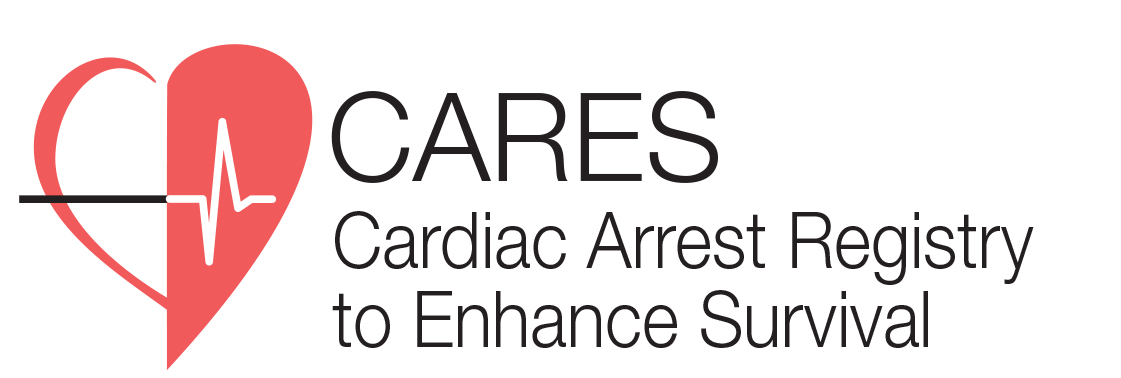CARES can make a difference
CARES helps communities measure performance and identify how to improve cardiac arrest survival rates. By joining CARES, communities gain more than just access to information that will help them improve performance and save lives. They also contribute to one of the largest EMS registries in the world, and one of the few that also includes patient outcome information from hospitals. Those features enable CARES data to be used to conduct vital research that furthers our knowledge of cardiac arrest treatment and saves countless lives for years to come.
Benefits of joining CARES
- Join a network of communities working together to increase survival from sudden cardiac arrest
- Compare your community to local, state, and national performance and discover ways to improve your emergency medical system's response to cardiac arrest
- Use simple, HIPAA-compliant, web-based software to link EMS and hospital data, creating a single record for each OHCA event
- Access multiple real-time reporting features, including charts, graphs, and tables for use in reports, presentations, and more
- Receive training and ongoing support from CARES staff to get the most out of participation, including one-on-one consultation to review your community's annual report and comparison to national benchmarks
LATEST NEWS
A recent open-access study examined whether clusters of historical out-of-hospital sudden cardiac arrest events could inform automated external defibrillator placement. In Ventura County, 22 percent of events fell into geographic clusters that could potentially be covered by 90 AEDs. In Multnomah Co
Heart health leaders gathered in Frankfort to outline a focused policy agenda aimed at reducing cardiovascular deaths across Kentucky. Among the priorities is funding for the Cardiac Arrest Registry to Enhance Survival, alongside CPR education in schools and expanded prevention efforts. With thousan
Copyright © 2026 MyCares.net. All rights reserved. Unauthorized usage
is prohibited. Usage will be monitored. 


